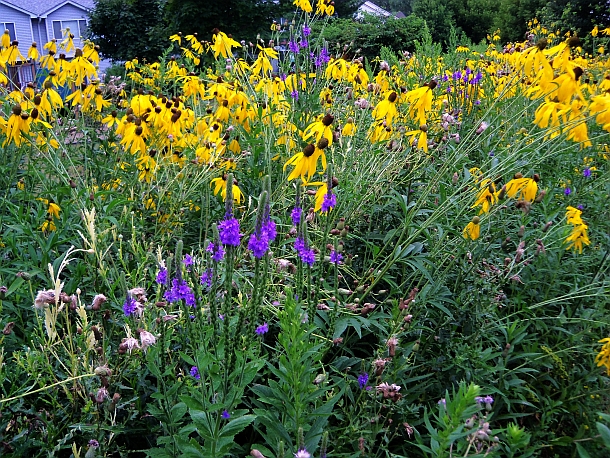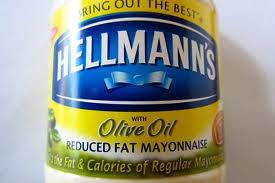Patriarchy is the primary source of poverty. Since those struggling with poverty are primarily women and children, it behooves us to ask what we as women can do to end the patriarchal system that causes so much poverty.
There are many ways to answer this question – as many ways as there are women and men. However, I can answer out of my own life experience, steps I have taken in my own life.
However, I must note here, that as much as I have been culturally and economically discriminated against due to patriarchy, I have also benefited from over privilege due to patriarchy and its accompanying racism. This over privilege allowed me to have good nutrition and healthcare growing up, receive a Catholic education and gain hiring opportunities that would likely not have been offered to women of color in the U.S. during this time.
My children likely remember that they had a mom who worked full time while they were young. I continued to develop my own career in order to give myself financial independence – the surest way to resist poverty for women and kids.
Maintaining my own career also meant that I was often the primary breadwinner – though not generally perceived as such by those who assume wives don’t earn more than their husbands.
Later on, as my kids started junior high, I started my own consulting business. This allowed me to be home at 3pm most days available to drive them to activities or to be present at home with their friends. It also allowed me to be home during the summer months, taking them to the pool or on bike rides down the prairie path. Unfortunately, because of this flexible schedule, the perception from my kids’ point of view was that I didn’t work or was often unemployed – though this was in fact, far from the truth.
Once both kids were adults (one finishing college, the other moving to college) I continued my education by enrolling in graduate school full time. Here, working with international students, I learned more about patriarchal systems that oppress people in ways most of us aren’t aware of.
This training lead me to be a pastoral minister and then to teaching theology through the lens of social justice for nearly 10 years at a Catholic university. It also lead to my returning to academia for my doctorate.
Now I could delve into learning what could help people see and understand the many layers of oppression that create poverty. Further, I learned techniques to educate others on the many tools that can help overcome it. Improving self-esteem, empowerment, political action and developing new economic partnerships (Fair Trade, local, bartering, etc.) help make us less reliant on corporate economic systems, such as the financial industry or health insurance, that contribute to the creation of poverty.
This is my work. This is the orientation of my life – ever changing and ever growing. But I don’t do this work alone. There are many, many others (educators, health care professionals, immigration lawyers, ministers, programmers and many others) who similarly focus their work on something that – not only gives them joy – but tries to make the world a better place.
I do not expect to achieve the goal of justice in my lifetime. Rather, it is more important that I’m focused this way and that I continue to try. In this way I hope to become the kind of person who has those qualities I admire in others – compassion, generosity, kindness and the ability to be in mutual (therefore healthy) relationships with others, both giving and receiving.
For me, this process has created health and happiness, inside and out. A joyful life filled with challenges, but also peace and gratitude.

